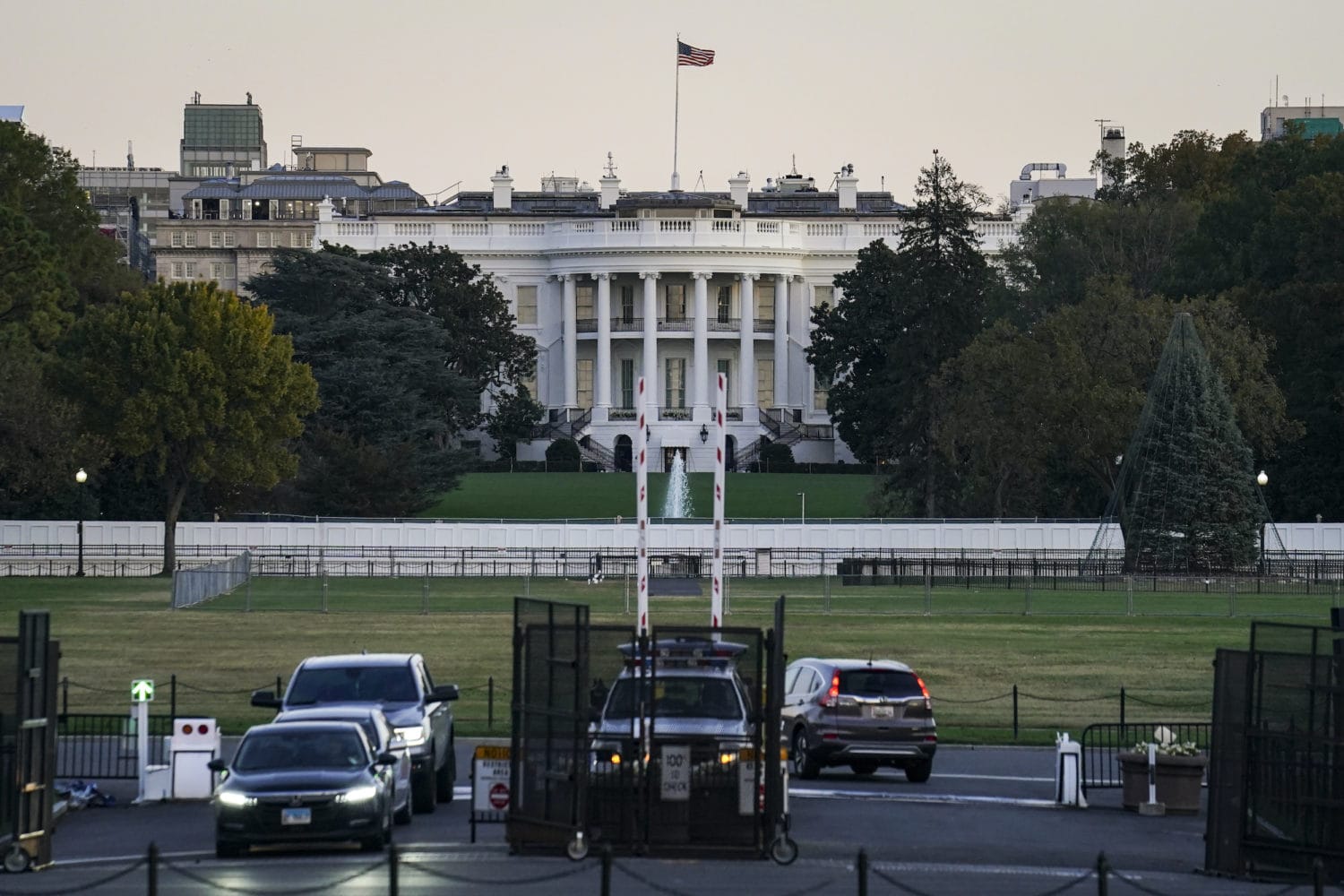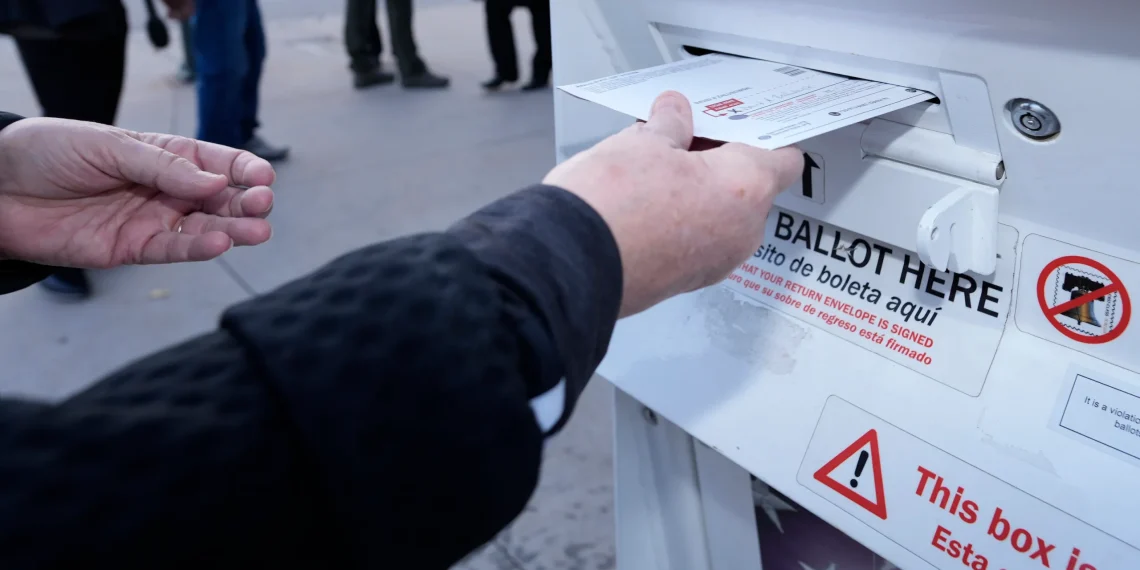In December, senior national security officials convened in the White House Situation Room to simulate scenarios for potential election-related crises in the 2024 election.
One scenario involved a fake AI-generated video depicting a Senate candidate destroying ballots, while another focused on responding to violence at polling stations on Election Day.
The officials, including representatives from the FBI, CIA, Homeland Security, and Justice Department, deliberated on how to handle the deepfake video, considering whether to publicly address the issue without definitive attribution to China.
These discussions underscored the challenges of coordinating a federal response to disinformation, deepfakes, and election-related threats.
The meeting marked the Biden administration’s first such drill, highlighting the complexity of safeguarding elections and the limitations of federal intervention. Federal officials grappled with balancing the need to counter threats with concerns about public trust and jurisdictional boundaries.
Ultimately, they favored a muted public response, deferring to state and local authorities to lead efforts to counter disinformation and violence.
The simulated scenarios reflect broader concerns about foreign interference and the proliferation of AI-generated misinformation in elections. With hackers from Russia, China, and Iran expected to be active, officials are on high alert for potential threats.
However, the legacy of past election interference, such as the Russian meddling in 2016, complicates efforts to navigate these challenges.

While the Biden administration remains committed to ensuring the integrity of the 2024 election, questions remain about the effectiveness of existing protocols and the role of federal agencies in responding to emerging threats.
The complexities of addressing disinformation and deepfakes underscore the need for continued vigilance and cooperation between federal, state, and local authorities to safeguard democracy.
Amidst ongoing concerns about foreign interference and misinformation, federal agencies are prioritizing election security preparedness, conducting drills and tabletop exercises to assess readiness and identify potential vulnerabilities.
These efforts aim to bolster defenses against a range of threats, from cyberattacks to foreign influence operations, and uphold the integrity of the electoral process.





